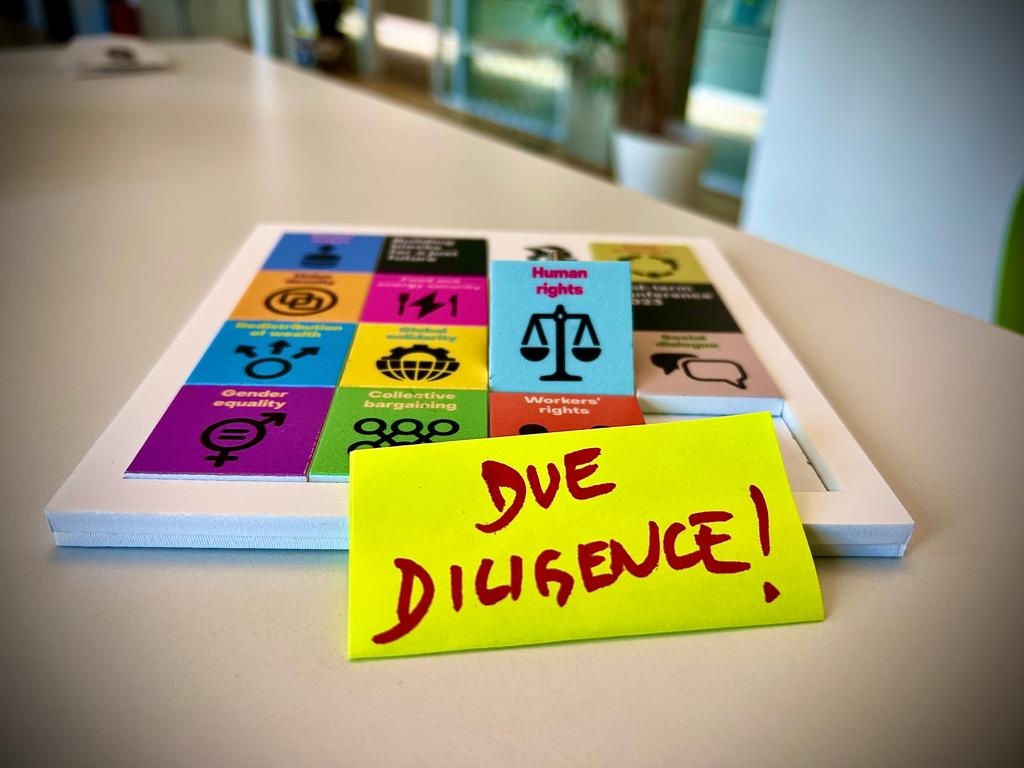19 September, 2023Presenters at the Mary Robinson Speaker Series on business and human rights concur that debates are shifting from voluntary measures of due diligence to a mandatory due diligence that includes international human rights and labour standards. The webinar held on 14 September took place under the theme: Raising the bar: regulating cororate abuse.
Consensus is escalating that voluntary measures on human rights due diligence and responsible business practices are not sufficient to ensure corporate accountability because they are not binding.
The speaker series is described as a platform for advocates working in business and human rights, drawn from business, investors, civil society, and governments who are fighting to end corporate impunity and empower workers and communities to stand up against violations. The series was hosted by the Business and Human Rights Resource Centre.
Mary Robinson, the first female president of Ireland asked:
“Is this a turning point for business and human rights? Are we finally reaching the moment when powerful governments in the north and south are confident enough to direct businesses through new regulations and incentives to address unsustainable inequality and climate breakdown in their operations and supply chains. A new social compact on businees and human rights is needed.”
Kalpona Akter, executive director of the Bangladesh Centre for Worker Solidarity and president of the Bangladesh Garment and Industrial Workers Federation, an affiliate of IndustriALL, said:
“Trade union organizing, workers’ rights protection, freedom of association and safer working conditions will be enhanced by mandatory due diligence. This will act as a counterbalance to shrinking spaces of trade union organizing.”
She added that environmental and social governance approaches were now tools for green and ethical washing as they failed to stop workers’ exploitation through low wages, long working hours, child labour, and other human rights abuses.
Glen Mpufane, IndustriALL mining director, who was also one of the speakers said:
“Workers through trade unions are the most organized formation of civil society and powerful partners in ensuring sustainability. Unions are cautiously optimistic that the German Supply Chain Due Diligence Act is changing the narrative.”
He explained that there are several cases where the law has been used to challenge corporate violations. These include cases against automotive manufacturers VW, BMW, and Mercedes Benz, garment manufacturers, and Amazon for failing to meet due diligence requirements.
To build trade union capacity, Glen Mpufane said:
“IndustriALL is carrying out awareness training on human rights due diligence jointly with IndustriAll Europe. Recently there was training of the automotive sector unions in Turkey and there will be a human rights due diligence in mining conference in Kenya, in October, which is being organized by the IndustriALL Sub-Saharan Africa regional office”.
The participants in the webinar heard that the African Union is integrating human rights due diligence through the African Charter on Human and Peoples’ Rights while the same is happening in Latin America and the Caribbean where similar initiatives were aiming to stop corporate human and workers’ rights violations.
